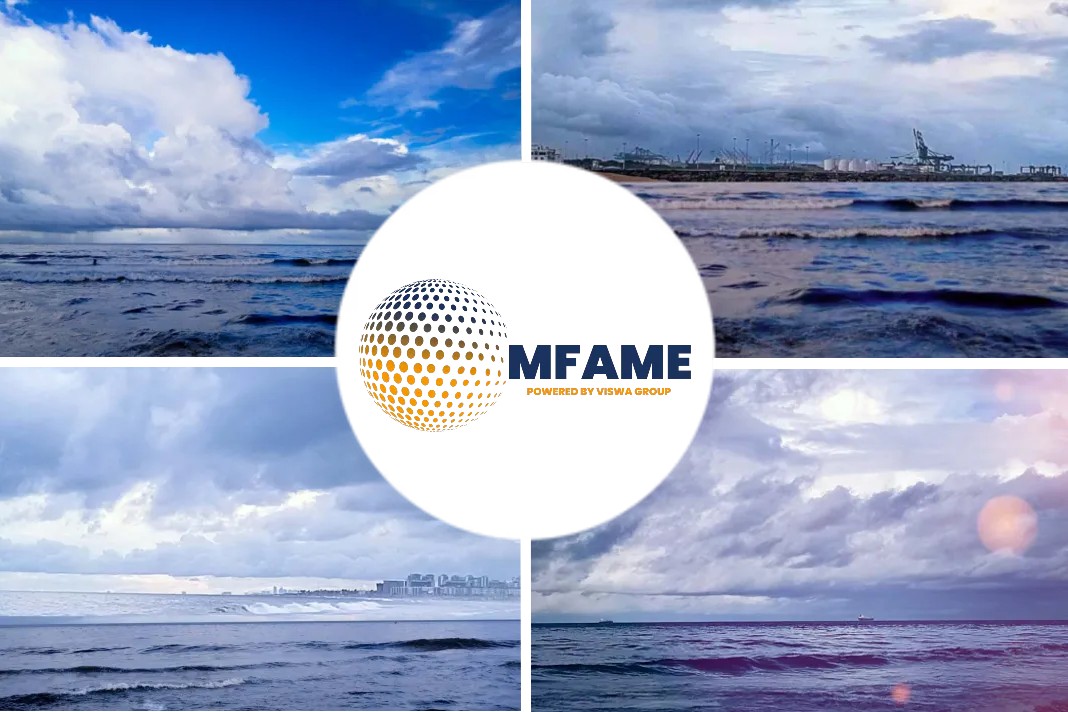
During the supply chain crisis, while foreign container lines faced public criticism for skyrocketing freight rates, another group quietly profited from the situation: container-ship lessors, also known as tonnage providers. These companies, which rent out ships to shipping lines, saw record profits during the pandemic, as reported by Freight Waves. The high demand for ships allowed tonnage providers to dictate terms, forcing longer charter durations and raising rates to historic levels. Unlike shipping lines, tonnage providers are less vulnerable to the decline in import demand and are protected by their charters until 2024. They not only escaped public and political backlash during the boom but are expected to enjoy strong earnings even after the crisis subsides.
Danaos orders more newbuildings
Greek tonnage provider Danaos Corp. has reported significant earnings amid the supply chain crisis. With a fleet of 68 container ships and a capacity of 476,293 twenty-foot equivalent units, Danaos recorded a net income of $1.8 billion in 2020-2022. In the first quarter of 2023, the company reported a net income of $146.2 million, surpassing expectations. While shipping line profits have sharply declined, Danaos’ earnings remain strong. The tonnage provider’s multi-year vessel contracts and ability to secure new charter contracts contribute to its positive outlook. With a high percentage of capacity already sold out for 2023 and 2024, Danaos continues to expand, booking additional contracted revenue and ordering newbuildings. The company’s confidence in future prospects is reflected in its recent signing of contracts for newbuildings, despite lacking charters and financing. Danaos’ stock rose amid market volatility, showcasing investor optimism.
Costamare’s container segment ‘remains robust’
Atlas Corp., previously the largest U.S.-listed tonnage provider, was taken private in March, leaving Greece’s Costamare as the largest U.S.-listed tonnage provider. Costamare owns 71 container ships with a total capacity of 524,000 TEUs and also operates in the dry bulk segment. The company has a high percentage of container-ship capacity booked for this year and next, with an average charter duration of 4.1 years. Costamare reported a net income of $141.6 million in Q1 2023, driven by the robust container segment despite the softer dry bulk environment. While Danaos’ dry bulk fleet has affected its performance, Costamare benefits from relatively long-duration contracts and pandemic-related contract extensions, providing a favourable glide path for the company.
Charter market rises off the bottom
Despite a surge in newbuildings and declining average freight rates, the container-ship charter market has shown resilience by rebounding since March. The Harpex index, which measures global charter rates, has risen 17% from its March lows and is more than double the pre-COVID levels of mid-May 2019, although still down 74% from the all-time high in March 2022. High demand across the board and increasing fixture periods have contributed to the upward trend in charter rates. While the orderbook remains a concern for the market, industry leaders like Costamare and Danaos remain optimistic. Costamare’s CFO emphasized the rising trend in charter rates and the increasing duration of fixtures. Danaos’ CEO expressed confidence regarding the renewal of charter contracts, citing the limited availability of similarly sized ships and ongoing discussions with liner companies. Overall, the charter market has shown improvement due to limited charter-free vessels and speed reductions implemented to comply with environmental regulations.
Did you subscribe to our newsletter?
It’s free! Click here to subscribe!
Source: Freight Waves
























